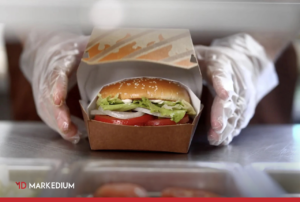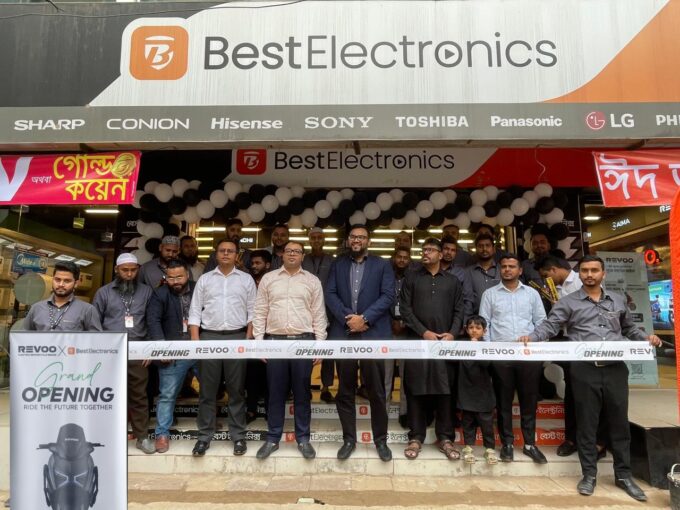The National Board of Revenue (NBR) is deliberating changes to tax exemptions for domestic manufacturing sectors, including mobile phones, electronics, and home appliances. These industries have long benefited from tax incentives but are now deemed self-sustaining by NBR officials. Sources within the NBR reveal that these sectors currently face a value-added tax (VAT) ranging from 2.5% to 5% in the current fiscal year. However, discussions suggest the possibility of an additional 2.5-5 percentage point increase in the next fiscal year.
While the initiative to review tax exemptions is applauded by experts for its potential to boost revenue and industry efficiency, local entrepreneurs’ express concerns about its impact on emerging manufacturing sectors. An anonymous official from the NBR’s VAT department emphasizes the need to strike a balance between revenue enhancement and sustained industry growth. Planning and analysis are underway to ensure that any changes benefit all stakeholders.
NBR Chairman Abu Hena Md Rahmatul Muneem has hinted at similar measures during pre-budget meetings. He suggests that for well-established industries, tax support should gradually diminish, indicating potential adjustments in duties, VAT, or both. A decade ago, Bangladesh heavily relied on imported mobile phones. Today, over 95% of the demand is met by local manufacturers, with leading global brands like Samsung, Nokia, and Xiaomi operating factories in the country.
Tax structures for mobile phone production have evolved, with VAT applied at various stages. The current VAT, ranging from 2% to 7.5%, may see an increase in the upcoming budget. Moreover, other local industries such as refrigerators, motorcycles, and lubricant oil, which benefited from NBR’s policies, might also witness tax break reductions. Industries facing potential VAT hikes include those producing aluminum-made home appliances, sanitary ware, and various plastic products. The analysis is ongoing, considering sectoral impact, economic implications, and employment concerns.
While some entrepreneurs voice apprehension over the proposed changes, experts argue for the necessity of revising tax benefits to ensure sustainable revenue collection and prevent abuse of investment incentives. As discussions continue within the NBR and other relevant departments, the fate of tax exemptions for local manufacturing sectors remains uncertain, with stakeholders eagerly awaiting the outcome in the upcoming budget.
For more updates, follow Markedium.













































Leave a comment